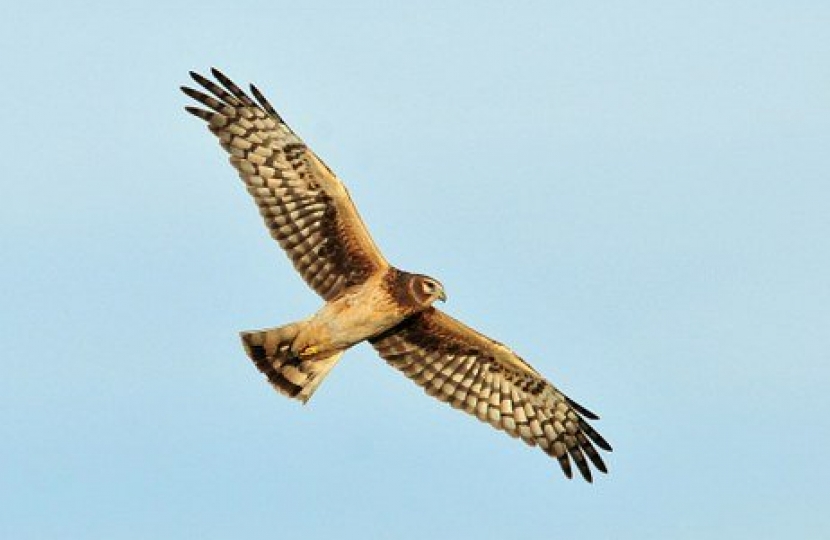
Thank you for contacting me about the protection of birds of prey.
My colleagues and I recognise the conservation and economic benefits that shooting sports bring to rural communities. A study in 2010 by the Game and Wildlife Conservation Trust showed that predator control resulted in significant increases in the breeding success of ground nesting birds such as curlew, golden plover and lapwing. I believe that individuals should be free to manage wildlife within the law, and that the Government should only intervene when there is good reason to do so.
All wild birds are protected under the Wildlife and Countryside Act 1981 and there are strong penalties in place for offences committed against birds of prey and other wildlife, with most wildlife crimes carrying up to an unlimited fine and/or a six-month custodial sentence. To address concerns about illegal killing of birds of prey, senior Government and enforcement officers have identified raptor persecution as a national wildlife crime priority. The National Wildlife Crime Unit monitors and gathers intelligence on wildlife crime, including raptor persecution, and aids police forces in their investigations when required.
Ministers have always been clear of the need to phase out rotational burning of protected blanket bog to conserve these vulnerable habitats. Real progress is being made in promoting sustainable alternatives and I am pleased to hear that legislation is being looked at which could help achieve this. Ministers have also been encouraging landowners to adopt sustainable options and continue to work with them constructively. The England Peat Strategy will be published later this year which will detail further how we can protect, restore, and reduce damage to our peatlands.
While there are no current plans to carry out a review of the management of grouse moors, I recognise it is vital that wildlife and habitats are respected and protected, and that the law is observed. I am pleased that the Government will continue to work to ensure a sustainable, mutually beneficial relationship between shooting and conservation.
After speaking to the Minister, it is clear that the Government is very concerned about hen harrier populations, which is why it took the lead on the Hen Harrier Action Plan. This sets out what will be done to increase hen harrier populations in England and includes measures to stop illegal persecution.
Yours sincerely,
Rt Hon Robert Goodwill MP
